News
- Conference Program
- The tentative conference program is released. Please check program page. Please note that in the Program details, all times mentioned are in US EST, GMT-5.
- Recording Guidance
- The guidance for recording and video FTP instructions is here. The deadline is Dec. 11.
- Workshop
- The colocated workshop program is released. Please check SSSA 2021 Workshop .
- Registration
- Registration is open. Please check registration page for details.
- Camera Ready
- The Camera-ready submission for CogMI is open. The deadline is Nov 24, 2021. Please use the Author Kit to submit your final paper. Check Camera Ready page for more details.
- Sumbmission
- Please note that submission link and requirement are in Call for Paper page. You can also click EasyChair IEEE CogMI 2021 directly.
- Welcome to CogMI
- Welcome to 2021 The Third IEEE International Conference on Cognitive Machine Intelligence.
Keynotes and Speakers
Keynote Speakers

Enabling a rich and trustworthy nexus of AI and IoT
Mani Srivastava
ACM Fellow, IEEE Fellow, Professor
University of California, Los Angeles, USA
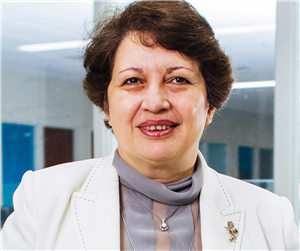
Towards Safety and Security in Socio-Cyber-Physical Systems
Naira Hovakimyan
Fellow and a life member of AIAA, IEEE Fellow, W. Grafton and Lillian B. Wilkins Professor
University of Illinois Urbana-Champaign, USA

How Technology Will Dictate Our Civic Future
Latanya Sweeney
Daniel Paul Professor
Harvard University, USA

Real-Time Edge AI
Tarek Abdezaher
ACM Fellow, IEEE Fellow, Sohaib and Sara Abbasi Professor of CS and Willett Faculty Scholar
University of Illinois Urbana-Champaign, USA

Network Analysis and Mining: Yesterday, today, tomorrow & beyond
Paolo Boldi
Professor
University of Milano, Italy

Powering a quantum future through quantum circuits
Jerry M. Chow
Director, Quantum Hardware System Development
IBM Quantum, T. J. Watson Research Center, USA

Orchestrating Change with Disinformation and Influence
Kathleen Carley
Professor
Carnegie Mellon University, USA

On Deploying Secure Computation Protocols in Daily Business Applications
Moti Yung
Security and Privacy Research Scientist
Google, USA

Keynote for Special Session on Agriculture Cybersecurity
Cybersecurity in agriculture and food systems
Molly Jahn
Program Manager
Defense Advanced Research Projects Agency, USA
Tutorial Speakers

Can federated learning solve our data privacy problems? State of the art and open challenges
Nathalie Baracaldo
Manager AI Security and Privacy Solutions and Research Staff Member
IBM Almaden Research Center, USA
More information, please check Keynotes page and Tutorials page.
Panels
Plenary Panel 1: Post-Quantum Security
Panel Moderator
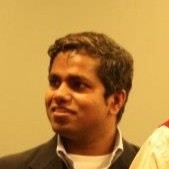
Ashish Kundu
Head of Cybersecurity Research, Cisco, USAPanelists

Craig Costello
Principal Researcher, Microsoft Research in Redmond, USA
Bing Qi
Quantum Networking Researcher, Cisco, USA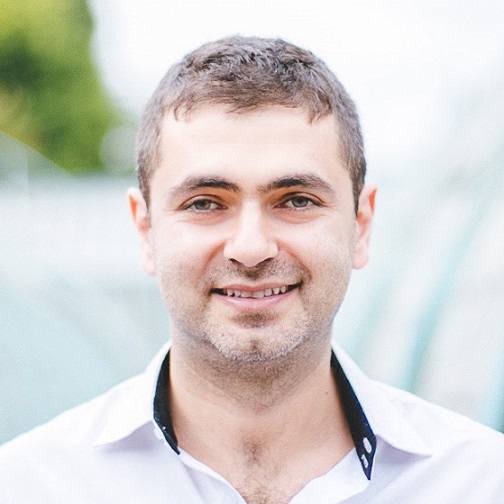
Vadim Lyubashevsky
Cryptography Researcher, IBM Research Europe - Zurich
Michele Mosca
Professor, University of Waterloo, CanadaCo-founder, Institute for Quantum Computing, University of Waterloo, Canada
Plenary Panel 2: Privacy and Fairness
Panel Moderator
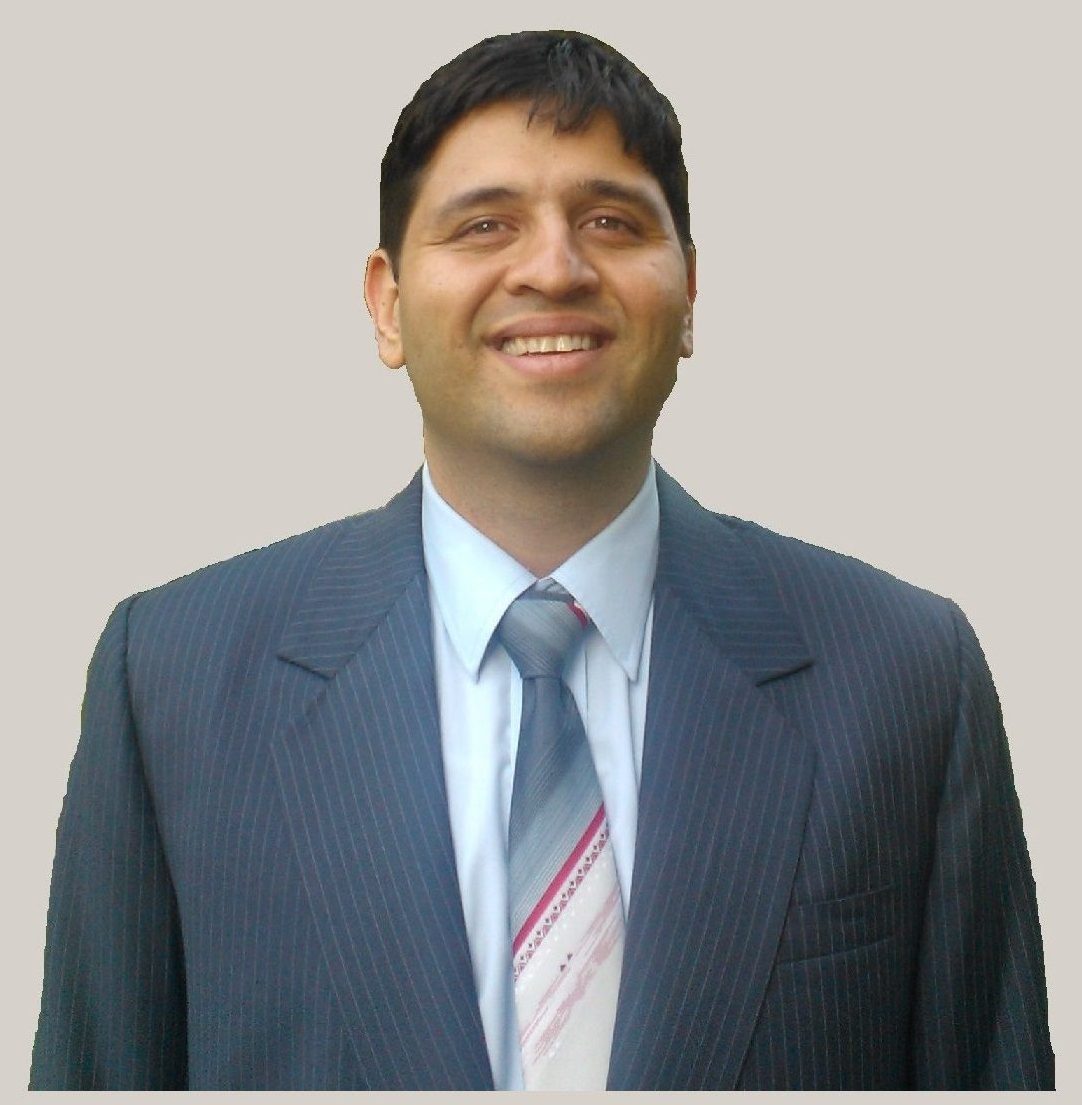
Jaideep Vaidya
Professor, Rutgers UniversityDirector of the Rutgers Institute of Data Science, Learning, and Applications
Panelists
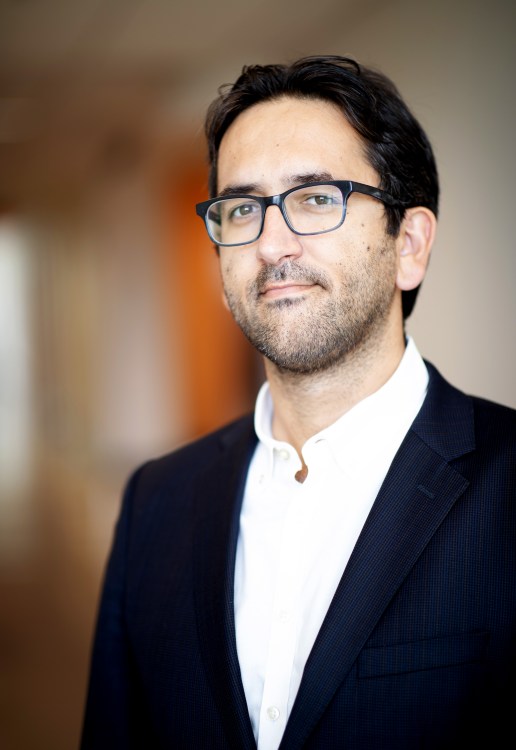
Murat Kantarcioglu
Professor, University of Texas at Dallas, USA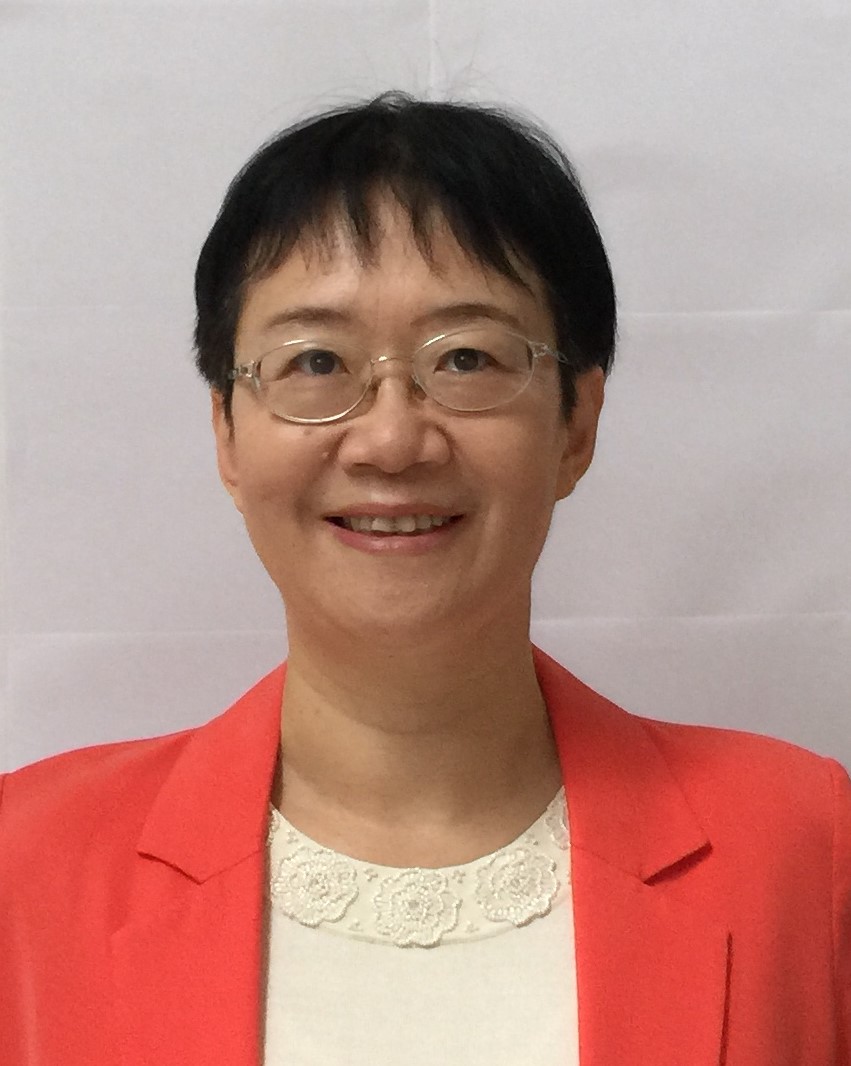
Ling Liu
Professor, Georgia Institute of Technology, USA
Gerome Miklau
Professor, University of Massachusetts, Amherst, USAFounder, Tumult Labs

Vivek Singh
Associate Professor, Rutgers University, USA
Rachel Cummings
Assistant Professor, Columbia University, USAPlenary Panel 3: Pandemic 2023 – An Information Technology Retrospective
Panel Moderator
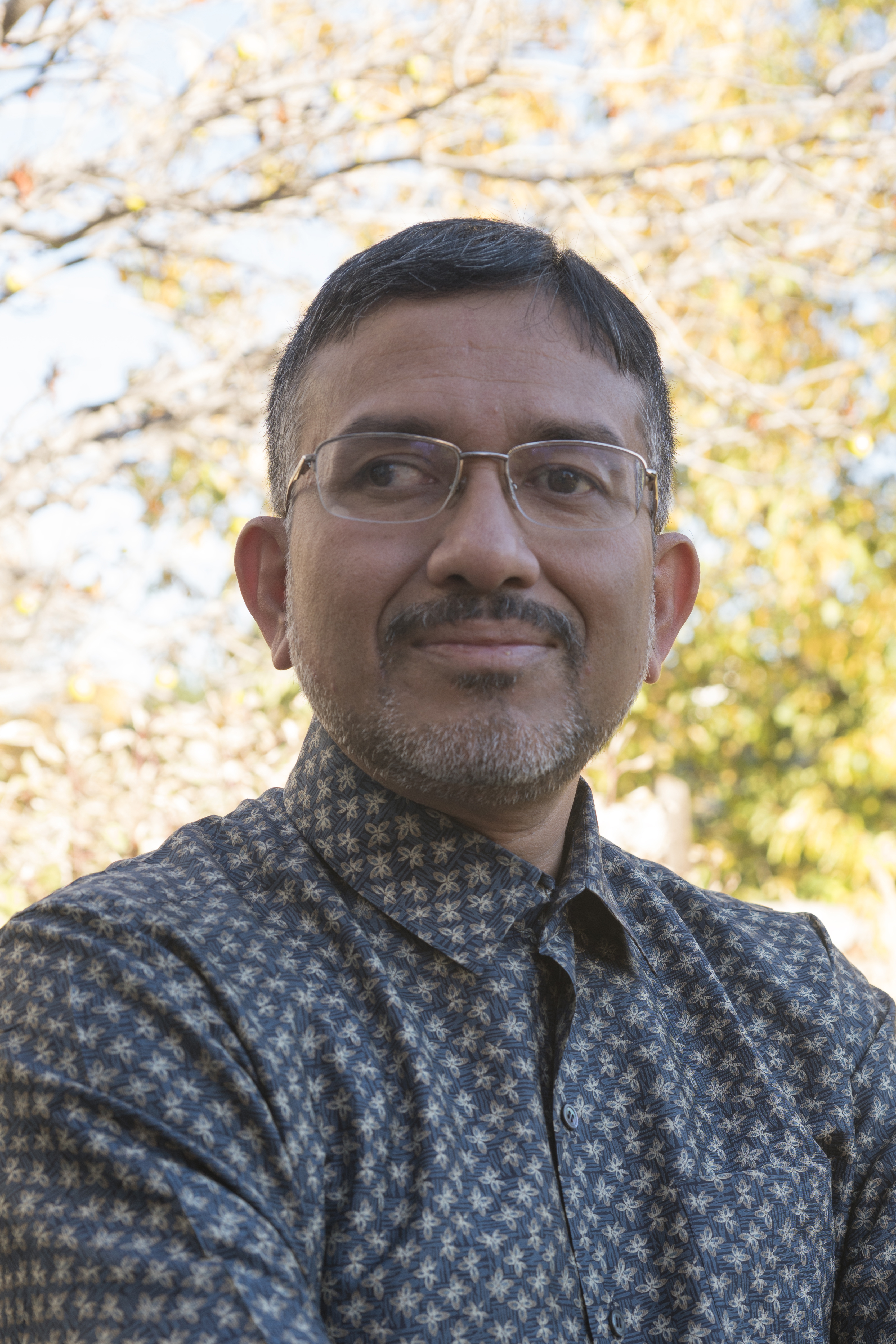
Indrajit Ray
Professor, Colorado State University, USAPanelists

Ritwik Banerjee
Research Assistant professor, Department of Computer Science, Stony Brook University
Nalini Venkatasubramanian
Professor, University of California, Irvine, USA
Ramesh Raskar
Associate Professor, MIT Media Lab, USA
Calton Pu
Professor and Imlay Chair in Software, Georgia Institute of Technology, USADirector, Center for Experimental Research in Computer Systems
More information, please check Panels page.
Keynote Speakers from Past Years
Conference Speakers of CIC/CogMI/TPS 2020

Subbarao Kambhampati
Professor Arizona State University, USA Past President of AAAISynthesizing Interpretable Behavior for Human-Aware AI Systems

Vitaly Shmatikov
Professor Cornell University and Cornell Tech, USAWhat Are Machine Learning Models Hiding?
Conference Speakers of CIC/CogMI/TPS 2019

Jiawei Han
Abel Bliss Professor University of Illinois at Urbana-Champaign, USStructuring of Unstructured Data: A Key to Automated Machine Intelligence

Christopher W. Clifton
Professor Purdue University, USReal-world Differential Privacy: Issues and Smooth Sensitivity Solutions

Karl Aberer
Professor Swiss Federal Institute of Technology Lausanne (EPFL), SwitzerlandMaking News Credible Again


Ashish Kundu
ACM Distinguished Member, ACM Distinguished Speaker Graphaigo Inc., USTrusting Autonomous Vehicles
About IEEE CogMI
Artificial Intelligence (AI) is rapidly transforming our business, social and physical world. Machine Intelligence and computing artifacts infused with AI and cognition is increasingly becoming an integral part of our social and economic activities/processes, as well as cultural and business interactions. The cognitive machine intelligence (CogMI) is creating unprecedented opportunities for impactful scientific innovations and societal transformations by significantly augmenting the human ability for problem solving and rapid decision making in terms of speed, precision and variety, while fostering innovations in all our human endeavors from scientific discoveries, solving long standing healthcare problems, modeling highly interconnected and globally distributed systems, and so forth. As we enter the new social, physical and cyber world empowered by such cognitive machine intelligence, it is important to understand and explore the foundational characteristics of the algorithmic theory and processes behind the cognitive machine intelligence, the behavioral and cognitive enhancement of intelligent machines that promote a productive and creative partnership and collaboration between the humans and the machines so as to ensure an equitable, fair and transparent CogMI-enhanced society and cyber-physical-social worlds around us.
The goal of the IEEE Conference on Cognitive Machine Intelligence (IEEE CogMI) is to create a research and development forum on cognitive machine intelligence to foster research results on AI and ML with cognitive science and behavioral science. It promotes productive collaborations among experts from multiple disciplines, such as but not limited to: computer science, electronic and computer engineering, information science, economics, industrial engineering, psychology, social and behavioral sciences, biological and physical sciences, and ethics, law and policy. IEEE 2019 CogMI aims to be a premier, highly multidisciplinary forum to foster interaction and exchange of innovative ideas, and collaboration among researchers, practitioners, philosophers from academia, industry and government sectors who are interested in developing innovative AI/ML algorithms, applications and systems by integrating cognitive science and putting humans in the loop, promoting innovations in cognitive machine intelligence.
IEEE Computer Society Open Conference Statement
Equity, Diversity, and Inclusion are central to the goals of the IEEE Computer Society and all of its conferences. Equity at its heart is about removing barriers, biases, and obstacles that impede equal access and opportunity to succeed. Diversity is fundamentally about valuing human differences and recognizing diverse talents. Inclusion is the active engagement of Diversity and Equity.
A goal of the IEEE Computer Society is to foster an environment in which all individuals are entitled to participate in any IEEE Computer Society activity free of discrimination. For this reason, the IEEE Computer Society is firmly committed to team compositions in all sponsored activities, including but not limited to, technical committees, steering committees, conference organizations, standards committees, and ad hoc committees that display Equity, Diversity, and Inclusion.
IEEE Computer Society meetings, conferences and workshops must provide a welcoming, open and safe environment, that embraces the value of every person, regardless of race, color, sex, sexual orientation, gender identity or expression, age, marital status, religion, national origin, ancestry, or disability. All individuals are entitled to participate in any IEEE Computer Society activity free of discrimination, including harassment based on any of the above factors.
IEEE Event Conduct and Safety Statement
IEEE believes that science, technology, and engineering are fundamental human activities, for which openness, international collaboration, and the free flow of talent and ideas are essential. Its meetings, conferences, and other events seek to enable engaging, thought provoking conversations that support IEEE’s core mission of advancing technology for humanity. Accordingly, IEEE is committed to providing a safe, productive, and welcoming environment to all participants, including staff and vendors, at IEEE-related events.
IEEE has no tolerance for discrimination, harassment, or bullying in any form at IEEE-related events. All participants have the right to pursue shared interests without harassment or discrimination in an environment that supports diversity and inclusion. Participants are expected to adhere to these principles and respect the rights of others.
IEEE seeks to provide a secure environment at its events. Participants should report any behavior inconsistent with the principles outlined here, to on site staff, security or venue personnel, or to eventconduct@ieee.org